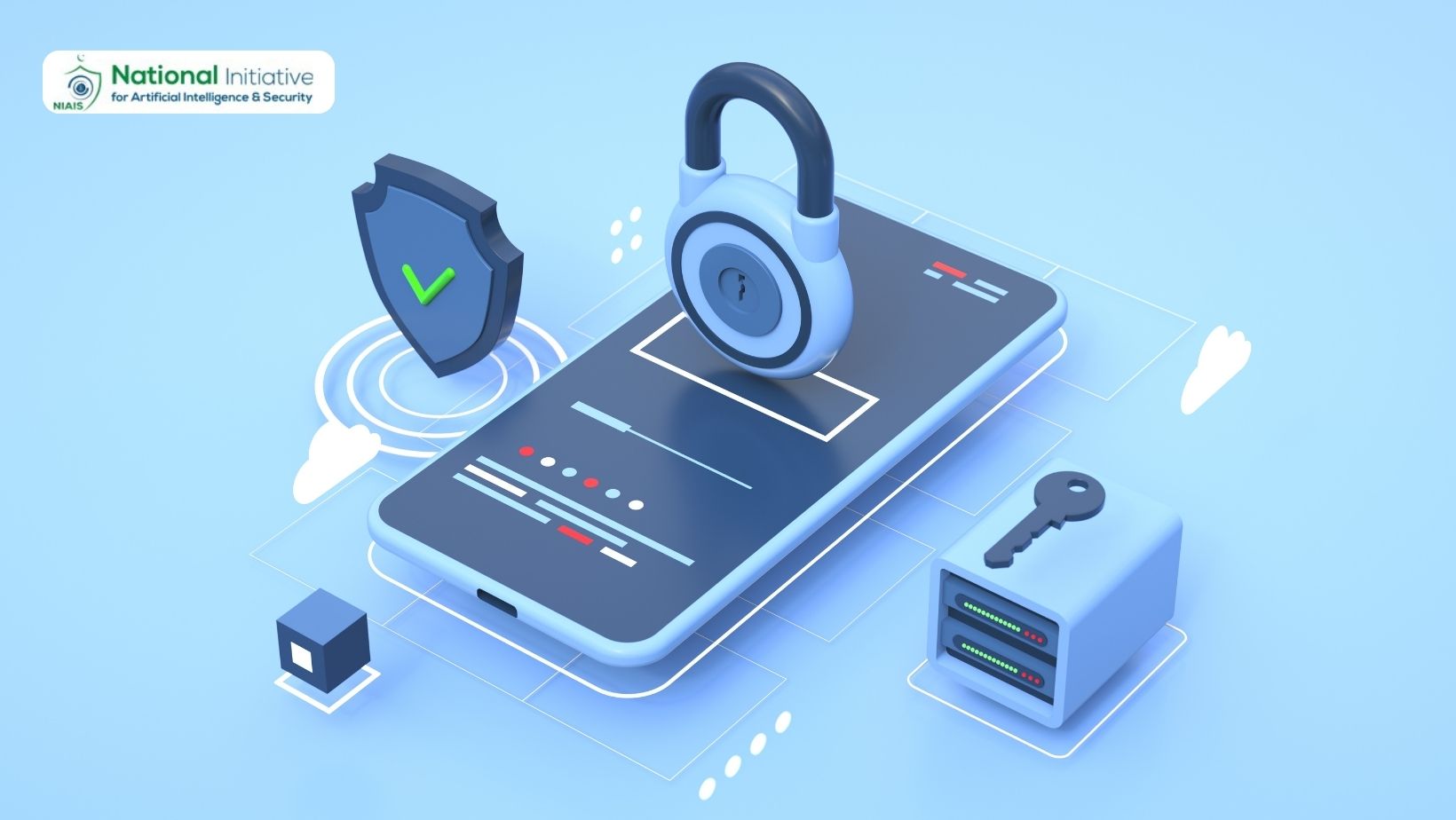Introduction:
In an era dominated by digital transformation, the importance of cybersecurity has surged to the forefront of our interconnected world. As technology evolves, so do the threats posed by cybercriminals. Cybersecurity, therefore, plays a pivotal role in safeguarding sensitive information, securing digital assets, and ensuring the integrity of our online spaces.
Understanding Cybersecurity:
At its core, cybersecurity involves the practice of protecting systems, networks, and programs from digital attacks. These attacks can come in various forms, ranging from data breaches and ransomware to phishing scams and more. The field of cybersecurity encompasses a wide array of technologies, processes, and practices designed to defend against these threats and mitigate potential damage.
Benefits of Cybersecurity:
-
Data Protection: Cybersecurity ensures the confidentiality and integrity of data. By implementing robust security measures, organizations can safeguard sensitive information from unauthorized access, preventing data breaches and leaks.
-
Business Continuity: Cyberattacks can cripple business operations. Cybersecurity measures help ensure business continuity by preventing disruptions caused by malware, ransomware, or other malicious activities.
-
Customer Trust: Trust is paramount in the digital age. Companies that prioritize cybersecurity not only protect their own interests but also build trust with customers. Knowing that their data is secure, users are more likely to engage with online services and share information.
-
Compliance with Regulations: Many industries are subject to stringent data protection regulations. Cybersecurity measures help organizations comply with these regulations, avoiding legal repercussions and fines associated with data breaches.
-
National Security: Cybersecurity is not only essential for businesses but also for national security. Governments invest heavily in cybersecurity to protect critical infrastructure, sensitive information, and national interests from cyber threats.
Jobs in Cybersecurity:
The ever-growing demand for cybersecurity has led to a surge in job opportunities in this field. Some of the key roles in cybersecurity include:
Cybersecurity Analyst: Analyzing security systems, identifying vulnerabilities, and implementing measures to protect against cyber threats.
Ethical Hacker (Penetration Tester): Identifying weaknesses in a system's defenses by simulating cyberattacks, helping organizations strengthen their security.
Security Consultant: Providing expert advice on cybersecurity strategies, risk management, and compliance to organizations.
Incident Responder: Responding to and mitigating the impact of cybersecurity incidents, such as data breaches or malware attacks.
Security Software Developer: Creating and implementing software solutions to enhance cybersecurity measures and protect against evolving threats.
Future Outlook:
The future of cybersecurity is dynamic and promising. As technology advances, so do cyber threats, creating a continual need for skilled professionals. With the rise of cloud computing, the Internet of Things (IoT), and artificial intelligence, the scope for cybersecurity professionals is expected to expand even further.
Conclusion:
In a digital landscape where cyber threats are ever-present, cybersecurity emerges as the knight in shining armor, defending against malicious forces and ensuring the safety and integrity of our online world. The benefits of cybersecurity extend beyond individual organizations to the broader digital ecosystem, contributing to a secure and resilient global digital infrastructure. As the demand for cybersecurity professionals continues to soar, pursuing a career in this field not only promises job security but also offers the opportunity to play a crucial role in the defense of our digital future.






